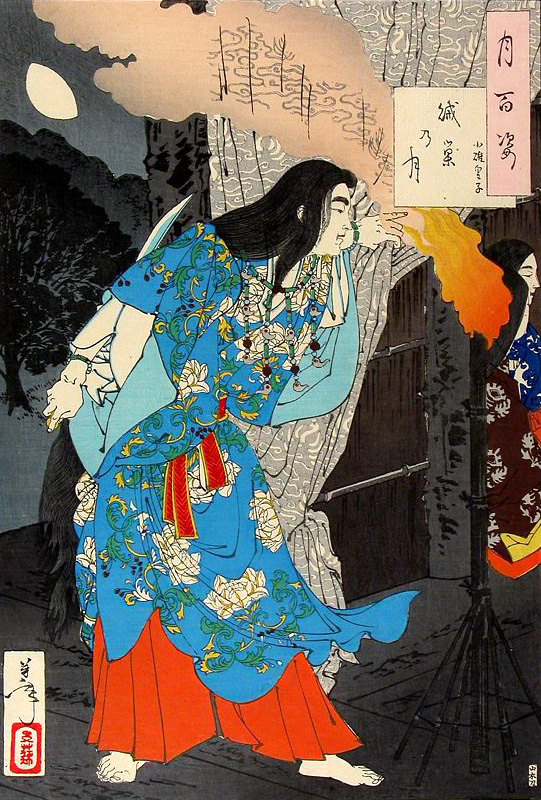
(Yamato Takeru at 16: Wikimedia Commons)
It’s interesting how Yamato got bored of his wife because he
didn’t have to save her from trouble or anything. This kind of reminded me of
Mario and Peach and I could maybe retell this story and incorporate those video
game characters.
It’s crazy how fast Yamato was willing to risk his life for
Benten. He didn’t even hesitate when she told him he would have to face death
to win her love. I could incorporate this immense love that Yamato has for her
in my version.
I feel bad for Tacibana because she has no idea that Yamato
is trying to leave her for someone else.
The part where Yamato’s horse gets impaled by the boar and
looks up at him while dying is extremely emotional. I will most likely not include
this part since my stories tend to be lighter.
Tacibana nearly sacrificing herself for Yamato is touching,
but heart-breaking because she loves him so much and still does not know the truth.
This scene with all the fire is very memorable.
I feel as though Tacibana knows what Yamato is up to deep
down, but she doesn’t want to admit it and confront. The situation she is in is
honestly really sad.
It is fitting that Yamato loses the Sacred Sword after
leaving Tacibana to pursue Benten.
I don’t really like how easy it was for Yamato to kill the
Magic Deer.
It’s nice how Yamato came to his senses and realizes that
Tacibana is his true love.
Once again, I don’t like how easy it was for Yamato to win
against the dragon.
Tacibana is probably one of the most selfless and forgiving characters
in any story I have read. Even though she knew Yamato cheated on her, she was
still willing to sacrifice herself for him.
It is like a horror movie when Amaterasu comes down and kills
the Emperor because she is angry.
Honestly, the last three sections really didn’t interest and
weren’t all that memorable in my opinion. I will most likely retell other parts
of this unit.
Bibliography: Japanese Mythology by E. W. Champney and F. Champney (1917).

No comments:
Post a Comment